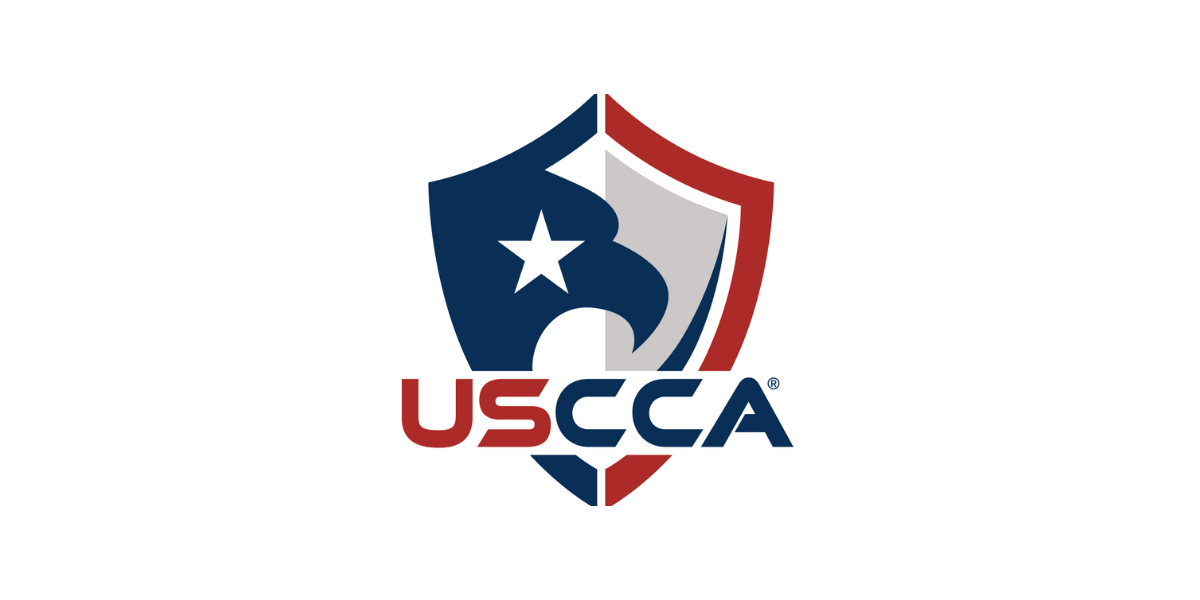For any couple that may be going through a divorce or break up, the process can become even more challenging when custody and parenting issues arise. In New York, when parents cannot agree on custody, they may seek relief through the Courts. The Courts will apply what is commonly referred to as, the best interest standard.
This standard comes from well-settled caselaw, that “Any court in considering questions of child custody must make every effort to determine ‘what is for the best interest of the child, and what will best promote its welfare and happiness’. Eschbach v. Eschbach, 56 N.Y.2d 167 (1982). To determine what is in a child’s best interest, the Court will weigh a number of factors, including the quality of the home environment and the parental guidance the parent provides for the child. Id. When engaging in co-parenting, it is important to keep this particular factor in mind. Your goal should be a positive course of guidance, including in the child’s relationship with the other parent. Disparagement by one parent of another to the child, is not positive parental guidance. Not only is disparagement hurtful for the child to hear, but this action has the potential to jeopardize your case in Court. You will find that if both parents make a positive effort to not disparage the other, they are better able to co-parent the child. If one parent is unable to stop disparaging the other parent, the Court can modify the custody of the child accordingly. Simply put, the Court has discretion to limit the parenting time of the disparaging parent so as to not expose the child to this behavior. Matthews v. Matthews, 899 N.Y.S.2d 496 (4th Dept. 2010).
Eschbach also tells us that the court will consider the ability of each parent to provide for the child’s emotional and intellectual development. In order for separated parents to provide for these needs, they will need to find common ground and come to agreements on what is in the best interest of their child. This will take productive and open communication, which is often difficult after a relationship ends. If one parent is unable to engage in these discussions and work to find common ground, that can be seen as an inability to co-parent, and jeopardize their custody. Specifically, this can damage a parent’s ability to engage in decision-making for the child, known as legal custody.
It is in the best interest of the child that both parents effectively engage in co-parenting and be given joint legal custody. However, if one parent is unable to engage in co-parenting, the Court could award one parent sole authority to make decisions for the child. This can be known as sole legal custody, or final decision-making authority. These are necessary Orders when one parent is unable to collaborate in making decisions with the other. “While joint custody is preferred, if the parents are unable to communicate and make decisions cooperatively, it may not be possible.” Funaro v. Funaro, 34 N.Y.S.3d 757 (3rd Dept. 2016). If one parent has a history of behavior wherein they repeatedly show that they cannot co-parent, their legal custody rights may be limited by the Court.
Being able to successfully engage in co-parenting is an important factor in any custody proceeding. A parents’ ability to co-parent, or not co-parent, can be one of the major factors considered by the Court in making a determination of custody. If one parent is the clear source of disparagement, and cannot collaborate to make co-parenting decisions, it may be necessary to engage in a modification of custody proceeding to address the issue.







